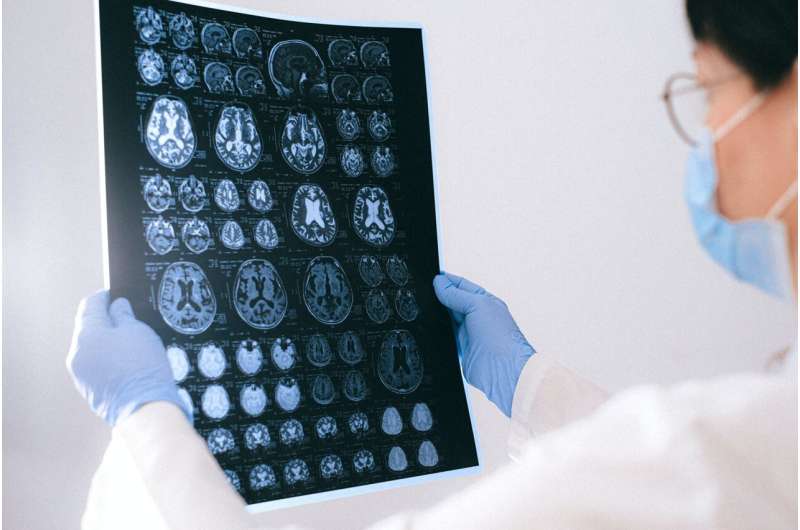Restoring Public Trust in Institutions: Impact on Pandemic Decision-Making

Building trust in government and health institutions can influence public behavior during pandemics. A recent study highlights cultural differences and the importance of tailored communication for effective disease management.
During the COVID-19 pandemic, health agencies at local, national, and international levels continuously shared infection data aimed at guiding public behavior and informing policy decisions. These updates led to varied responses across different communities: some maintained open schools, while others enforced strict lockdowns. Such disparities were influenced by multiple factors, including infection rates, seasonal considerations, and cultural attitudes. Interestingly, individual reactions within the same community varied significantly, with some choosing to shelter-in-place and wear masks, while others resumed normal activities despite the risk.
To better understand these differences, researchers from the Research Organization of Information and Systems (ROIS), the Joint Support-Center for Data Science Research, and the Institute of Statistical Mathematics in Japan conducted a comprehensive study across three regions—UK, Japan, and Taiwan—selected for their similar high-income status and relatively strict border measures. They designed surveys that gathered demographic data and simulated responses to 18 hypothetical COVID-19 social scenarios, like infection rates and hospital capacity. Conducted in 2022, these surveys revealed insightful cultural differences in how people interpret pandemic information.
The findings showed that Japanese and Taiwanese participants were most influenced by daily infection numbers, leading them to adopt more cautious behaviors when these numbers were high. Conversely, UK respondents were more affected by the presence of familiar infected individuals, such as coworkers or family members, which more strongly heightened their risk perception. Other information, like capacity restrictions or overall infection rates, was less impactful for the UK group.
Importantly, the study identified subgroups within populations—risk-takers and cautious individuals—whose responses correlated with factors like age, gender, vaccine hesitancy, science literacy, and trust in government. Risk-takers tended to be younger males with vaccine hesitancy, whereas the cautious group often included individuals with medical reasons preventing vaccination, higher trust in scientific institutions, and greater acceptance of government measures.
The researchers emphasized that rebuilding trust in government and healthcare institutions could significantly influence individual behaviors, especially among risk-prone groups. Such efforts are crucial for managing future pandemics more effectively. Dr. Naoko Kato-Nitta highlighted that understanding these factors can help shape more targeted science communication and public health strategies, ultimately improving societal responses during health crises.
This research underscores the importance of culturally tailored communication and trust-building measures to encourage protective behaviors and contain infectious diseases. As COVID-19 transitions to an endemic stage, leveraging this knowledge may be key to better managing public compliance and health outcomes in future outbreaks.
Source: https://medicalxpress.com/news/2025-08-pandemic-decision.html
Stay Updated with Mia's Feed
Get the latest health & wellness insights delivered straight to your inbox.
Related Articles
Artificial Sweetener Sucralose May Reduce Effectiveness of Cancer Immunotherapy
Emerging research indicates that the artificial sweetener sucralose may reduce the effectiveness of cancer immunotherapy by altering gut microbiota and immune cell function. Learn what this means for cancer patients and their dietary choices.
Research Highlights BMI Inequalities Among Immigrant Populations in Spain
A recent study reveals significant BMI disparities among adults in Spain, influenced by age, gender, immigration status, and education, highlighting the need for tailored public health strategies.
Addressing Gender Disparities in Emergency Department STI Treatment
Disparities in emergency department STI care reveal over-treatment in men and under-treatment in women. Innovative diagnostic tools and clinical practices can bridge this gap, improving outcomes for all patients.



